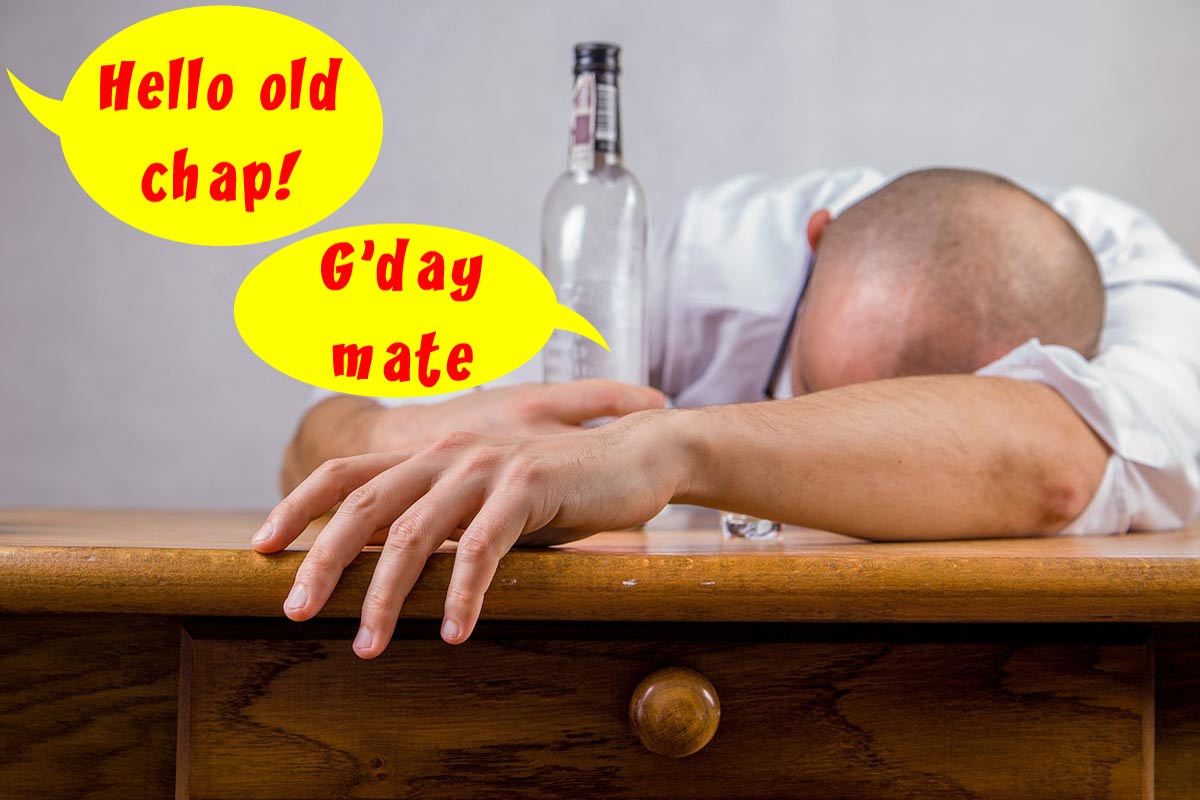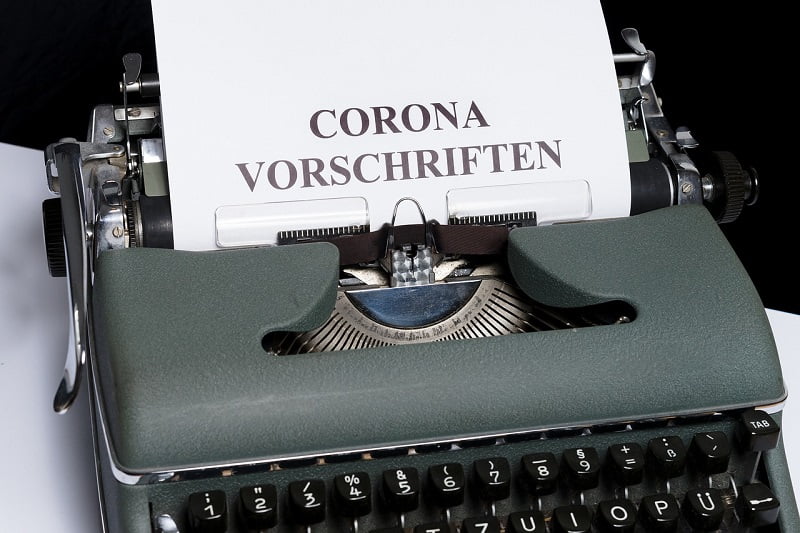Dean Frenkel – a singer, voice coach and public speaking-communication lecturer at Melbourne Australia’s Victoria University – is on the hot seat for a controversial linguistic theory he recently put forth (“Australia, we need to talk about the way we speak,” The Age, October 26th, 2015).
The gist of Frenkel’s theory is that the by now infamous “G’Day Mate” drawl, that has come to embody the essence of Australian culture, is actually nothing more than a ‘lazy’ accent caused by the ‘alcoholic state’ of Australia’s heavy rum-drinking early settlers who regularly got drunk together on their new-found Down Under continent.
Drunken Linguistic
According to the laments of Frenkel, this original drunk-induced linguistic trait has since been passed down from generation to generation by all those descendants who, whether drunk or sober, have unknowingly added an alcoholic slur to the fact that they only use two-thirds of their mouth to speak and hence has become part of the Aussie national speech pattern.
Frankel contends that consequent sweeping effects have occurred as a result: poor communications is evident among all sectors of Australian society; a gaping hole in rhetorical training has been created in the Australian educational system.
A subsequent diminishment has occurred in critical thought-processes, problem-solving, judgment and poor speech skills that have led to a lack of confidence and the internalization of emotions and thoughts that have contributed to difficulties in relationships, loneliness and stalled development. In short, Frenkel’s theories hold that Australia’s linguistic accents, moulded by booze, have led to a general inarticulateness among the people as a result.
Storytelling
By contrast, Frenkel holds up the example of the ancient history of Australia’s aboriginal peoples spoken word and storytelling abilities that otherwise artfully uses rhetoric as an integral part of the recounting of the Australian Dreamtime to pass on to each generation their special spiritual and survival knowledge.
He contends that Australia’s western-centric civilization has instead created a “dumbing down” of speech in Australia that has “created holes in our education system that reflects holes in our culture.” Frankel declares, “Australia, It is time to take our beer goggles off. It’s no longer acceptable to be smarter than we sound.”

Linguistic and Cultural Diversity Under Attack
Is Frenkel Qualified to Carp?
Yet whether Frenkel, as essentially a singer and voice coach, is qualified to theorize on such sweeping historical-sociological-psychological matters is a bone of contention. In 2011, Aidan Wilson, a PHD graduate student at the University of Melbourne, challenged Frenkel’s qualifications to assess Australian politician’s qualities based upon their accents (“Beware of speech experts bearing science,” Crikey, Nov 2, 2011 & Oct 29th, 2015).
At the time, this spawned a language blog debate between the two. (“A Reply from Dean Frenkel,” Crikey, Nov 7th, 2011).
Yet a far more important question exists behind such professed theories. Is the ultimate objective in Australia, or wherever else in the world, to eventually get the entire world’s populace to speak in some uniform, standardized, sanitized “General Australian,” “General American,” or “General Whatever” way?
Loss of Regional Accents
The obvious continuing mass disappearances of regional accents worldwide, and the negative attitudes of lower social class status and inferior traits that are often attributed to regional accents, symbolize what is a constant attempt by certain controlling forces in the world who are intent upon constantly reducing or utterly eliminating all such cultural human uniqueness or biological diversity on the planet.
During the 19th & 20th centuries, in Australia in particular, the attempt was made by still others to perpetuate an inferior cultural mentality in the people in relationship to their original British origins. Those who ever attempted to excel in whatever endeavour were shown resentment or ridicule with such pejorative terms as, “stop trying to be a tall poppy” or “you’re just another Plastic Brit.”
Writers or Plagiarists?
From the very beginning of the literary arts, Australian writers were decried as mere plagiarists of some Rudyard Kipling or Robbie Burns. In 1950, A.A. Phillips, the Melbourne critic and social commentator, coined the term “cultural cringe” to describe the post-colonial literary arts in Australia as being deficient when compared to the work of their British and European counterparts. Linguistic snobs!
Back then, Australia was being made out to be synonymous with failure, just as theorists like Frenkel now attempt to reduce Australian speech patterns down to the level of the hard-drinking drunkards of Australia’s early colonial days.
Apparently, as some would have us believe, the only way that Australians now can build themselves up in the eyes of the world, and especially in the ears of elocution experts like Frenkel who speak the British mother tongue, is to learn to pronounce proper “King’s English.” Is the intended net effect to encourage Australians to once again redefine their cultural heritage not only as convict stained but now as drunken stained?


